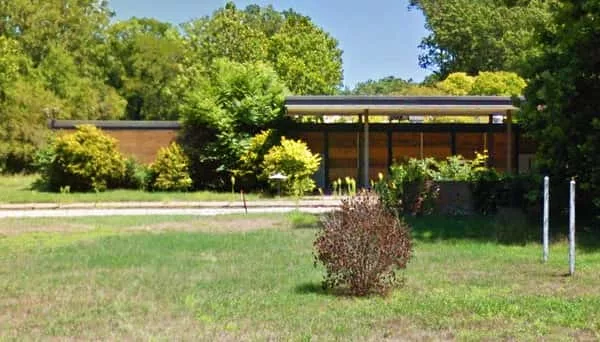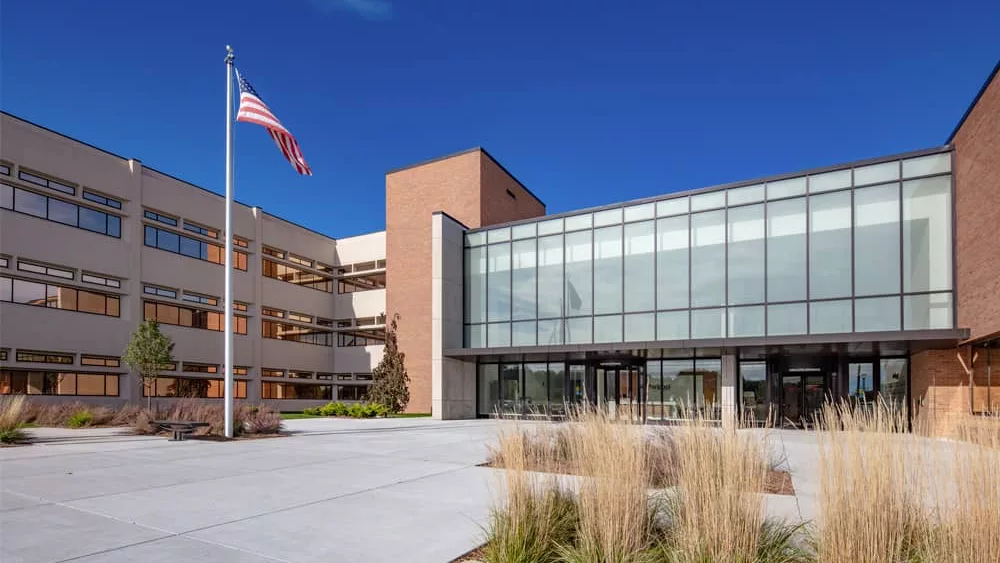It was the tech center of the future when it was built decades ago. Benton Harbor High School Students regularly ventured behind the doors at 653 Valley Drive behind Martin Luther King Elementary School to learn skills and hone their plans for the Distributive Education Program that would take them to state wide competitions in Detroit. Now, it is little more than an overblown trash dumpster…routinely vandalized and victim of illegal dumping.
The Benton Harbor Area School's former Technology Center will no longer be a site of vandalism thanks to help from a Blight Elimination grant awarded by the Michigan Land Bank Fast Track Authority. The Berrien County Land Bank Authority has been awarded $68,775 to demolish the former Tech Center building. It was part of $305,000 allocated to combat blight in five Michigan communities.
State Representative Al Pscholka calls the plan, "A great example of how state government and local governments and agencies can partner for the greater good." He adds, "Eliminating blight stabilizes neighborhoods, promotes future investment and aids public safety."
The Berrien County Land Bank Authority has partnered with the Benton Harbor Area Schools to address the closed school building. It has been severely vandalized and is routinely used for illegal dumping despite efforts to secure the facility.
Plans for the property include maintaining it as open space in alignment with the city's master plan to create connectivity trails and paths to neighborhoods and local amenities such as schools, commercial areas and parks.
In October of 2015, the Michigan Land Bank Fast Track Authority received a $1-million grant from the Michigan State Housing Development Authority to continue efforts to demolish vacant and abandoned structures and promote public safety.
Steve Arwood, Director of the Department of Talent and Economic Development says, "These are projects that make our communities safer and stronger." He adds, "Eliminating blighted properties promotes public safety, stabilizes property values and boosts economic development efforts — improving the quality of life for everyone."
To be eligible for this round of funding, demolition projects had to be blighted residential structures or blighted buildings in business districts, downtowns or commercial corridors.
MSHDA Executive Director Kevin Elsenheimer says, "Fighting blight aids in future community growth and revitalization in neighborhoods where Michigan residents live, work and play."







